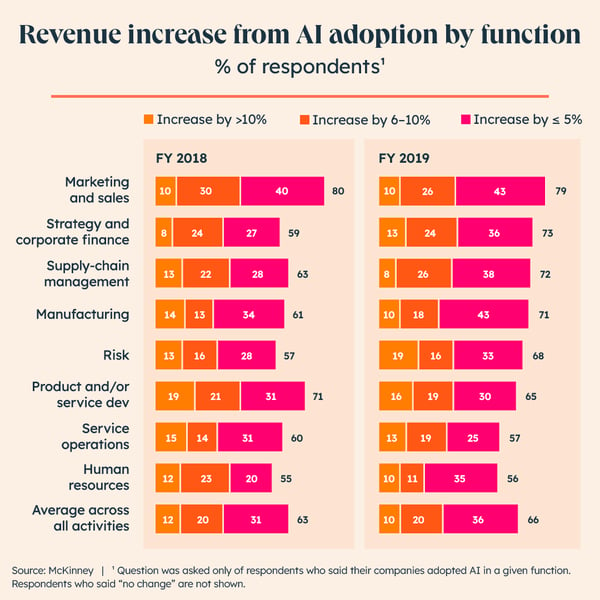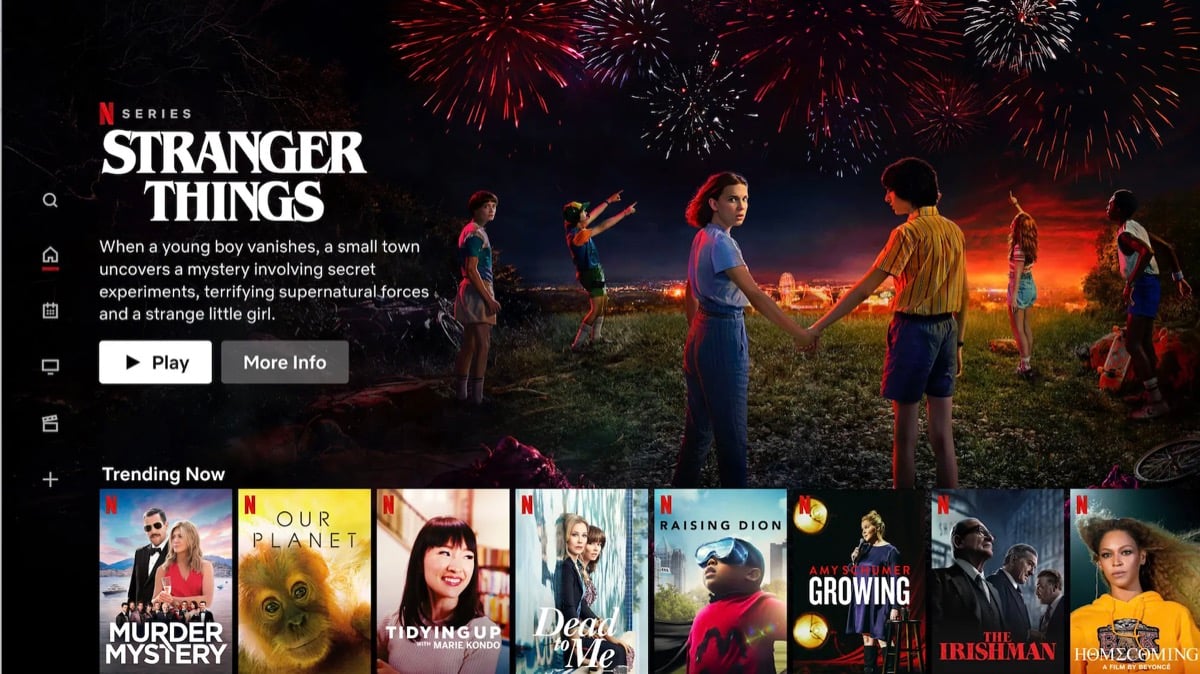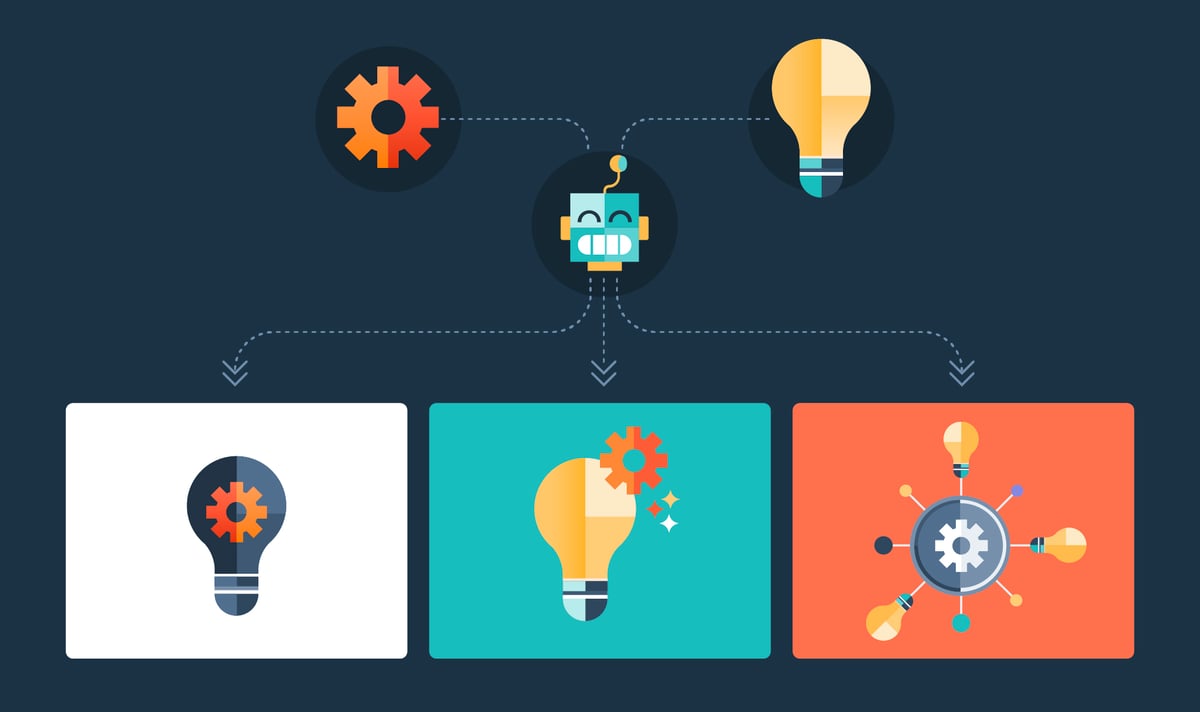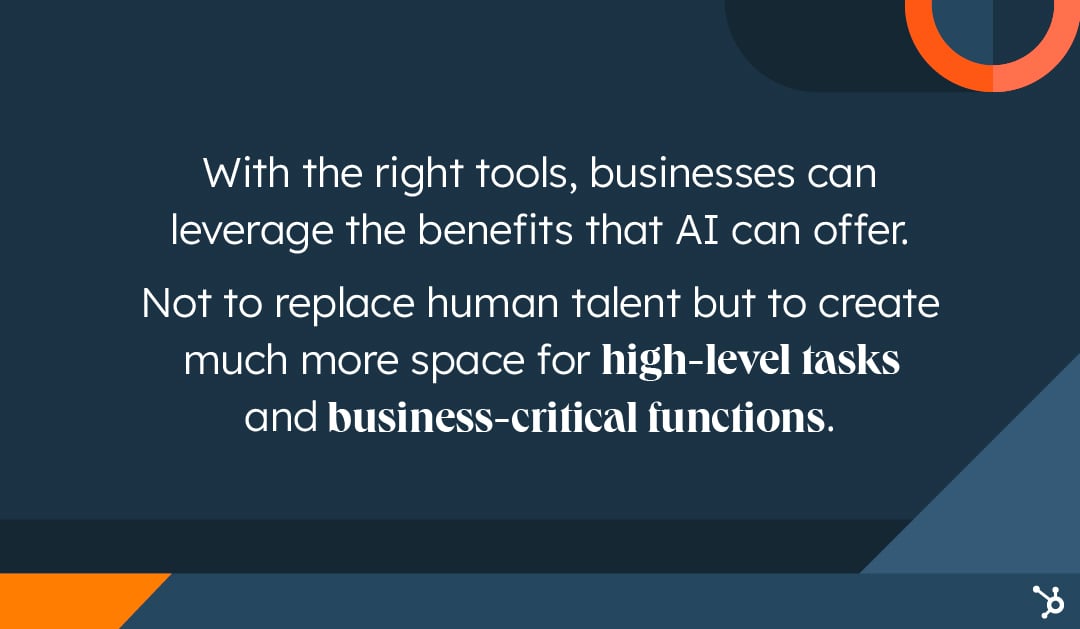How Startups Can Use AI in Their Content Strategy

Introduction to AI
Artificial intelligence (AI) has long been a hot topic. Just last week it was reported that ChatGPT has become the fastest growing user base in history, reaching 100 million monthly users in just two months!
Fictional plots in TV, film, and books have infinitely pitted AI against humans. And with the advent of AI tools for output that has traditionally been created by humans, such as art, marketing content, and even (quite controversially) academic writing, the anxiety surrounding AI is quite understandable.
However, research on AI technology paints a less grim picture, especially concerning the application of AI to improve business workflows. A recent IBM survey reveals that global AI adoption is growing steadily. Per IBM, 77% of companies are currently exploring AI to some extent, with 35% using AI in their businesses and 42% studying how they can incorporate AI into their workflows.
Many businesses have found AI useful in addressing labor gaps by automating repetitive tasks, allowing finite human resources to focus on more intensive pursuits that require high-level critical thinking.
Research also shows that AI contributes to a marked increase in revenue. McKinsey reveals that when supplemented with AI adoption, the following business functions correspond to the highest increases in revenue:

AI sales tools have proven to be effective in increasing conversion rates and improving customer experiences, especially for online-based businesses.
As such, startups venturing into digital content or eCommerce should leverage AI tools to supplement their existing content strategies and automate a wide range of tasks.
A brief history of AI in marketing and related fields
There’s no doubt about the value of AI in many areas of business, especially in marketing. With such high demand for agile, high-quality content, more and more teams are leveraging the power of AI to fill content gaps, create prompts, and even carry out technical functions such as keyword research and analytics.
Google’s continual refinement of its search algorithm has forced many businesses to whip their websites into shape by creating grammatically correct, informative, and engaging content.
Back in 1998, Amazon spearheaded the use of AI based on research by Columbia University computational linguist Jussi Karlgren. Amazon used it to develop collaborative filtering, a function that displayed product recommendations based on collected data.
Today, the same technology gives us film and TV show suggestions on Netflix and music recommendations on Spotify. AI cross-references consumer data and browsing history with user profile information and demographics to tailor recommendations based on one’s likes and dislikes.

In 2013, AI content creation was first used to generate sports articles that could be published almost in real-time. Yahoo! used Automated Insights’ Wordsmith platform to write personal reports, match recaps, and match previews based on fantasy football data.
The platform used natural language generation (NLG) to personalize content for each user. Particular care was given to ensure that the AI captured Yahoo’s brand voice and tone.
“The tone of the narratives for Yahoo were intentionally snarky and sarcastic, so there was a process to making sure the jokes, language, and stats about each week’s matchup (or the draft reports at the beginning of the season) that are highlighted were what Yahoo was looking for,” Automated Insights spokesperson Laura Pressman shared.
Programmatic ad buying boomed in 2014. With AI, digital ads could be bought and sold based on defined campaign goals and a set budget, as AI made decisions and recommendations based on collected data.
In 2015, Google’s AI algorithm RankBrain revolutionized the way people consume and create content by considering user intent when returning search results. Take the query “shepherd’s pie” as an example. The search engine would return results for recipes and tutorial videos based on the understanding that the person is likely looking for information on how to prepare it. As such, historical and literary references about shepherd’s pie would be farther down the roster of search engine results pages (SERPs).
In 2016, AI progressed to listening and verbally responding, and virtual assistant devices became valuable additions to modern homes.
Since then, more mainstream uses for AI content generation have emerged, with apps like Slack, WhatsApp, and Messenger leveraging AI to answer basic customer support questions via chatbots. This feature provides better customer service, lead generation, and user experience.

How startups can use AI for content + tools you can use
What does using AI in one’s content strategy mean? Technically, AI simulates human intelligence by performing tasks that mimic human behavior and cognition. It also continuously improves the more it is used, as it gathers more data and information.
Here are some specific areas where startups can maximize the use of AI to develop an effective content strategy:
Content research and blogging
AI can create engaging, grammatically-correct blog posts optimized for search engines. This can be particularly helpful for smaller teams that need to publish relevant content to establish their brand’s digital presence but do not have the resources to hire a team of copywriters.
Much like Yahoo’s Automated Insights’ Wordsmith for fantasy football, teams that deal with large amounts of content and data can benefit from AI-powered assistance. While not a substitute for human writing, these tools can streamline content workflows.
Businesses can also benefit from automated SEO research tools.
Here are some tools to check out for AI blogging:
-
Moz’s Keyword Explorer: AI-powered keyword research tool for SEO
-
SEMrush: SEO analysis tool powered by AI.
-
Google’s Natural Language Processing tool: Identifies a piece of content’s general sentiment and covered topics
-
GPT-3: Content generator for text, images, and other relevant content
HubSpot recently launched Content Assistant and ChatSpot. These will revelutionize how you create content and use your HubSpot CRM. (Learn more at ChatSpot.ai)
-
Copy AI’s Content Generator: Creates content from predefined templates
-
Grammarly: Checks common grammar and spelling mistakes with style, tone, and clarity considerations
-
Jasper: AI Content Generator that helps you and your team break through creative blocks to create amazing, original content.
Image creation
AI-based image generators have proven helpful for small teams with no dedicated graphic designer or limited image resources. Teams can create agile content without having to scour image libraries for photos they can use, saving them valuable time.
Some fantastic tools for AI images include:
- Jasper Art: Converts simple text prompts into images
- Night Cafe: Generates original art using a sophisticated algorithm; great for teams with more complex image need
- Photosonic: Generates images from prompts as well as existing images
- Fotor GOArt: Creates NFT Art from templates and existing images
- DALL-E2: Creates realistic-looking images, as well as product designs, illustrations, and business sketches based on existing images and using common language descriptions.
Email marketing
Email marketing is a great way to generate leads and reach out to existing customers. However, deploying it effectively requires a lot of planning and strategizing.
AI can optimize email marketing campaigns by ensuring that emails are delivered to customers at the best possible time, increasing open rates. Some tools also further personalize emails with subject lines, backlinks, product suggestions, and more.
Here are AI-powered email marketing tools you can check out:
- Seventh Sense: Adjusts delivery time based on customer data to increase deliverability and improve sender score
- Smartwriter.ai: Automates email outreach and personalizes messages with custom subject lines, provides Shopify product description creation, backlink generation, and personalized cold email outreach
- MarketMuse: Leverages deep AI research to create long-form content for emails, marketing copy, site pages, and articles
Social media
AI tools can be leveraged to create social media content across various platforms and to launch ad campaigns to target particular audiences. Some tools also provide influencer marketing discovery and tracking so that brands can find the most relevant and current voices in their respective industries.
Here are social media tools you can check out:
- Jasper: Creates high-quality copy for social media and websites through a GPT-3 model and existing content templates
- Smartly.io: Plans, tests, and launches ad campaign strategies to target audiences via Facebook, Instagram, Snapchat, Pinterest, and more
- Emplifi.io: Manages multiple social media profiles from a single platform. Also tracks, vets, and monitors influencers
Will AI replace human content creators?
The skepticism surrounding AI is entirely understandable. Incorporating AI into your workflow might seem daunting, even counterintuitive, especially in highly creative endeavors like design and content creation.

With the right tools, however, businesses can leverage the benefits that AI can offer. Not to replace human talent but to create much more space for high-level tasks and business-critical functions.
In an interview about the impact of AI, Gary Vaynerchuk acknowledges, “If you’re talking about humans versus robots, technology eliminates commodity, and [that] AI is going to eliminate a lot of things that don’t bring value.”
“I think it’s inevitable,” Vaynerchuk continues, but proceeds to say that people “grossly underestimate human beings,” perhaps in the sense that we’re all (often) collectively so sure that AI will take over the world to some degree.
“I think those humans will find other things to do,” Vaynerchuk concludes. The truth is, while AI may ruffle some feathers as far as jobs are concerned, human labor will remain valuable. In fact, they will essentially be freer to do more meaningful work that AI cannot do.
In the context of content creation, for instance, while AI marketing tools provide marketers with the means to execute effective, agile campaigns, no team can function without humans at the helm. Human creativity and intelligence remain incredibly valuable, especially since one’s lived experience is something that a machine can never really replace.
~~~
Podcast special
Where does AI fit into a marketer’s workflow? Steph Smith (Podcast Host @ a16z) joins Kipp Bodnar and Kieran Flanagan of HubSpot's Marketing Against the Grain podcast, to dive deep into the world of AI: The importance of a clear distribution plan, if AI will work for marketing teams or individuals, and will standalone AI companies sink or swim?
Written by: Marcel Deer
Marcel is an experienced journalist with a love for tech, marketing, and next-gen gaming technology. With a background in PR and digital marketing, he enjoys creating dynamic long-form pieces that inform, educate, and bolster SEO results.
